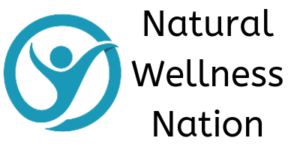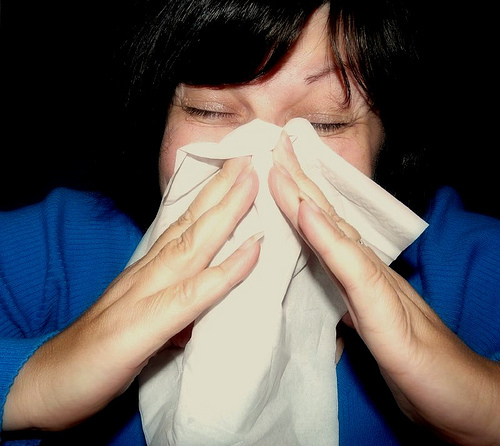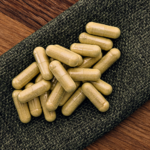Using natural remedies for allergies is often a safer option to control your allergic reactions. Allergy season seems to creep up on you way too soon — and lasts way too long.
There’s a change in the air concerning allergies and no it’s not just the usual stuffy, drippy, irritation sufferers are used to, nor is it the woozy disorientation, accelerated heart rate and clammy palms of allergy medication.
It’s the recent trend of alleviating allergy symptoms with natural home remedies.
You may wonder why when we have more sprays, pills, drops, creams and syrups than ever before on our pharmacy and supermarket shelves. Price may be one factor as those that suffer allergies suffer long term, unlike a cold or flu. Every spring season or every dusty adventure can bring out symptoms making for a costly time (or a profitable one for manufacturers).
The large selection of antihistamines, decongestants and corticosteroids available also carry with them an even longer list of possible side effects, some of which may cause very real concerns, especially when they begin to mention things like ‘prolonged use may increase the risk of developing’ glaucoma, osteoporosis, stomach ulcers, cataracts and muscle weakness. Be careful to avoid any decongestant products that are not marked as OK for people with high blood pressure. Many regular drug decongestants can spike blood pressure too high and cause a stroke.
Many are also unsuitable for people suffering from other medical conditions such as heart disease, hypertension and diabetes or if pregnant or breastfeeding. The good news however is that a wide range of natural remedies do exist and most are both affordable and accessible.
To understand how such natural remedies can alleviate symptoms of allergies it is first essential to understand what you are treating. Allergies are caused by an immune response more sensitive in some than others. Normally innocuous substances such as pollen or dust are detected by the body and registered as potentially harmful allergens.
A substance called histamine is subsequently released which causes inflammation and effectively tries to ‘wash away’ the foreign body; this is why our eyes may swell, our nose runs, our respiratory system fills with mucous and we sneeze or cough.
Natural and Home Allergy Remedies
So what can we try in place of medicated treatment?
• Neti pots are traditionally used in India to clear congestion in the nose and sinuses and effectively wash away pollen or other irritants, a saline nasal spray will work in much the same way.
• Similar to this is the steam face bath; placing the face over a bowl of hot steaming water often containing eucalyptus oil or tea tree oil and inhaling.
• The use of aromatherapy and essential oils work for treating allergies naturally. Their uses include anti-inflammatory properties, expectorant and immunity stimulation. German Chamomile is a natural anti-histamine and an excellent anti-inflammatory. Other oils such as eucalyptus oil for nasal congestion and tea tree oil for soothing rashes are also popular.
• Peppermint tea has anti-inflammatory, decongestant and antibacterial constituents, teas or warm drinks may be made from other natural products too; such as orange, lemon and ginger, flavored with honey which can be soothing on its own. It is also believed that consuming locally sourced honey will have a desensitizing affect for hay fever sufferers.
• Many foods in fact can be used to ward off or treat allergy symptoms; wasabi, chili, mustard, turmeric and horseradish all pack a powerful decongestant punch.
• The fatty acid Omega-3 is an effective anti-inflammatory agent.
• Certain plants such as Quercetin, Stinging Nettles and Butterbur actually work to inhibit histamine release. If you can find a better absorbed form of these (e.g., phytosome), that may work better for you. Many herbs are not well absorbed unless they are put into a specialized form.
Remember to always consult your doctor before taking any plant derived extracts and supplements, especially if you have underlying medical conditions. Highly allergic people are at risk of having serious, anaphylactic reactions even to drugs or herbs or nutrients intended to treat allergies – but you just never know if you will tolerate a given item.
In general, you have good possibilities to help you with natural remedies for allergies. Check them out with your doctor’s help.








